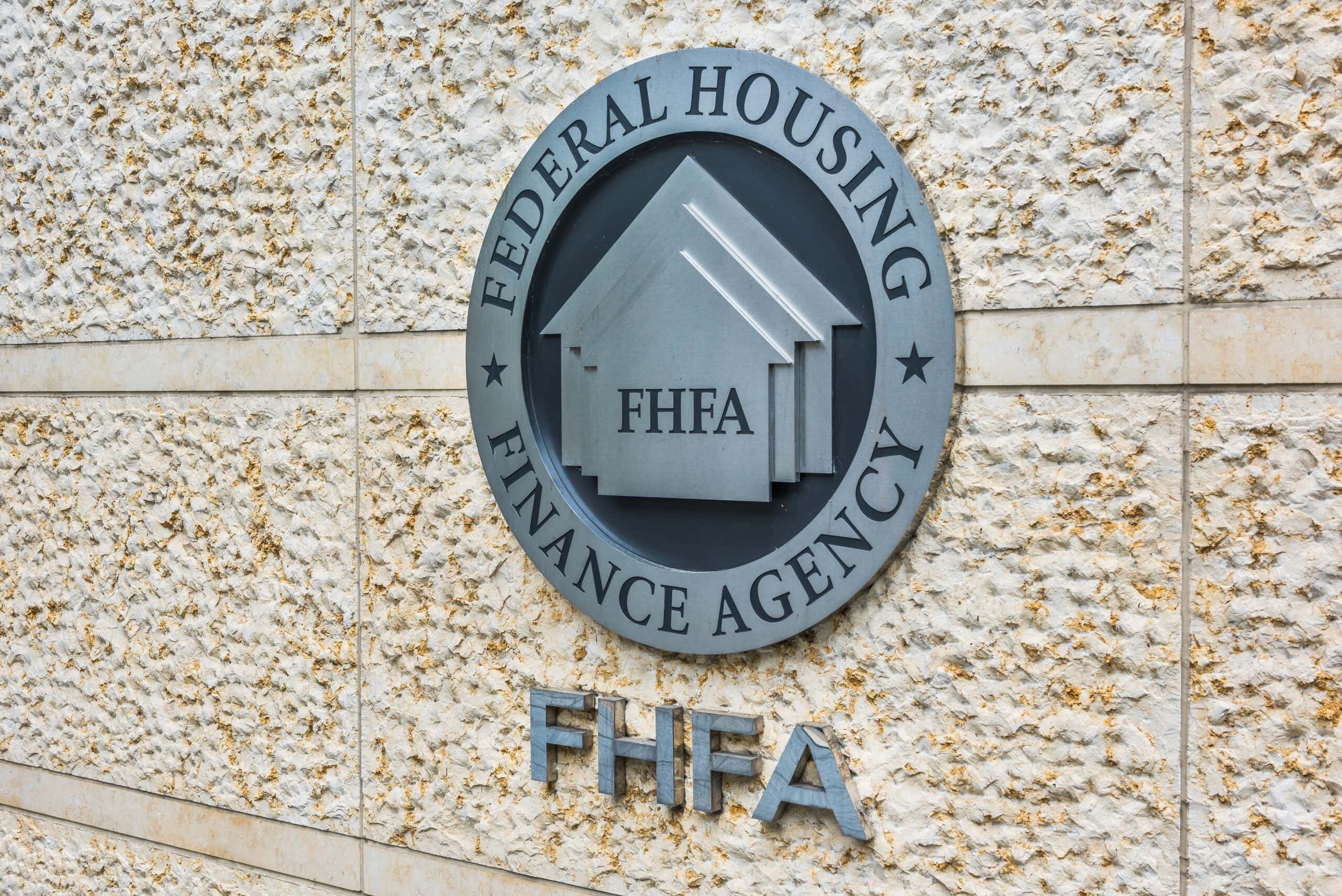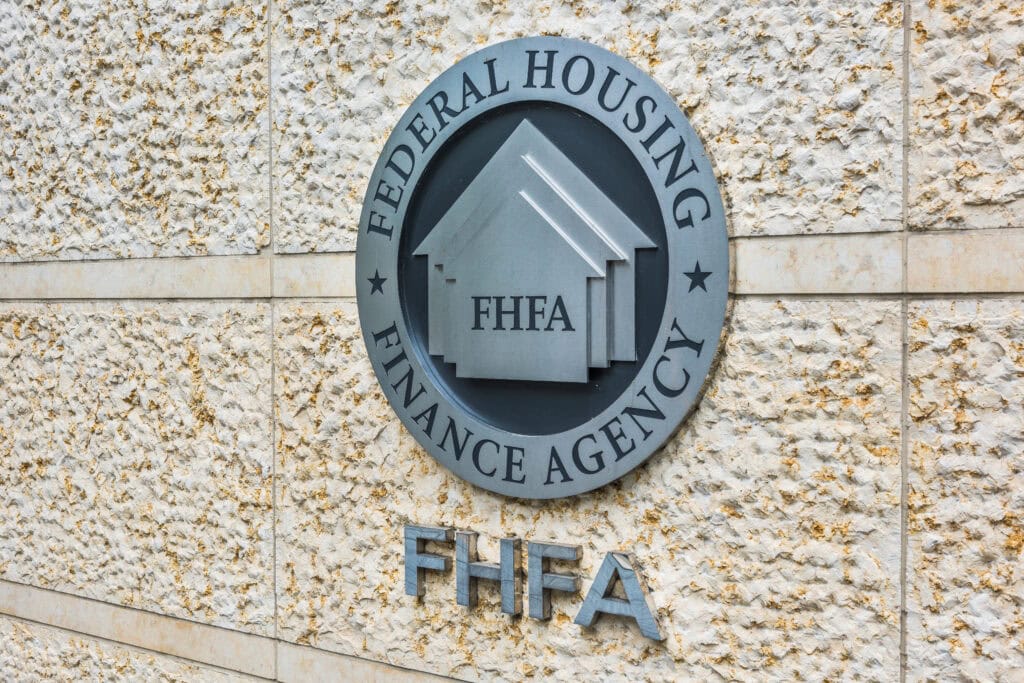William J. Pulte, the newly appointed Director of the Federal Housing Finance Agency (FHFA), has wasted no time making headlines. Within weeks of taking office, Pulte has moved aggressively to restructure the mission and spending priorities of the government-sponsored enterprises (GSEs), Fannie Mae and Freddie Mac. His agenda has triggered strong reactions across the housing, mortgage, and political landscapes.
A Swift Start: DEI Programs Cut and SPCCs Eliminated
In his first major action, Pulte terminated all Special Purpose Credit Programs (SPCCs) at the GSEs. These initiatives had been created to provide tailored lending opportunities to historically underserved communities. Critics argue this move marks a retreat from addressing systemic inequalities in housing access.
Pulte also slashed Diversity, Equity, and Inclusion (DEI) budgets across Fannie Mae and Freddie Mac. The cutback follows a broader effort aligned with the administration’s view that such programs represent inefficient or ideologically driven spending. In a now-viral post on X, Pulte confirmed: “We are eliminating all DEI spending at Fannie and Freddie.”
A Housing Market Shakeup: GSEs, Conservatorship, and Privatization
Beyond optics, these moves signal a deeper restructuring. Pulte is reportedly exploring an accelerated path to ending the GSEs’ long-standing federal conservatorship. Fannie and Freddie have operated under FHFA control since the 2008 financial crisis. Efforts to release them into private markets have long been stalled—until now.
His stated goal: make the GSEs leaner, more efficient, and fully independent. The Mortgage Bankers Association (MBA) has urged caution, advocating for a plan that ensures stability in the secondary mortgage market. The Cato Institute, by contrast, has applauded Pulte’s moves as long-overdue reforms to dismantle what it views as bloated federal housing infrastructure.
The DOGE Mandate: Waste-Cutting and Market Efficiency
Pulte is part of the President’s Debt and Oversight Government Efficiency (DOGE) Task Force. The task force’s purpose is to identify and eliminate waste across federal housing programs. In this context, the SPCC and DEI eliminations appear to be the opening salvo in a broader overhaul.
Under the DOGE umbrella, FHFA may also scrutinize the profitability of GSE-chartered activities and potentially downsize operations unrelated to their core mission. This could affect everything from ESG bonds to affordable housing innovation grants.
Reactions from the Industry and Beyond
Political leaders are split. Republican lawmakers have largely supported the DEI cuts, citing concerns over taxpayer waste and identity-based policy-making. Democrats, meanwhile, have voiced concern that these actions will disproportionately harm minority and first-time homebuyers.
Consumer housing advocates fear that the rollback of targeted lending programs may set back years of progress in reducing the racial homeownership gap. Organizations like the National Fair Housing Alliance have called the FHFA’s moves “ideological overreach.” For first-time homebuyers already struggling with loan comparison and lender transparency, tools like Loan Watch can help cut through the noise and evaluate offers clearly. Likewise, tracking daily rate movements on our Mortgage Rates page gives consumers a transparent look at how policy shifts could impact borrowing costs.
Meanwhile, Pulte’s personal brand—previously associated with philanthropy and Twitter activism—adds a layer of unpredictability to the FHFA’s future. While some see his leadership as a chance to bring disruptive innovation, others view it as a threat to balanced, inclusive housing policy.
What’s Next for Fannie and Freddie?
A key unknown is how far and fast Pulte will push the privatization agenda. Will Fannie and Freddie return to the private sector within the next 12 months? Will FHFA attempt to offload their risk exposure to investors in the name of taxpayer protection? These are urgent questions now facing both regulators and markets.
If Pulte succeeds, the mortgage market could see sweeping changes: less federal backstop, greater capital market influence, and rising costs for certain borrower segments.
For brokers, lenders, and homebuyers, the message is clear: a new era is beginning at FHFA—one defined by rapid reform, controversial cuts, and unpredictable ripple effects.










